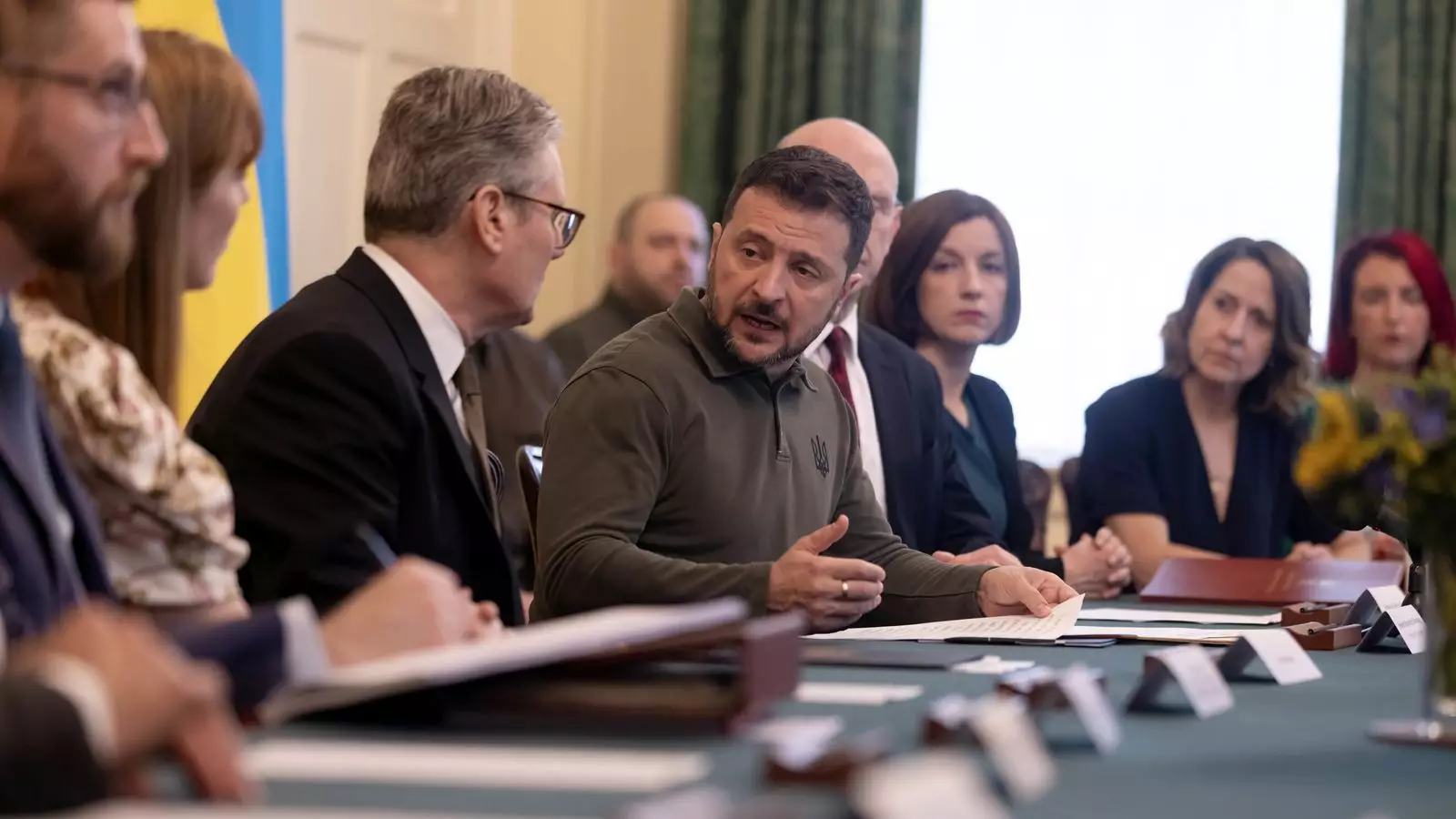In recent months, the United Kingdom has faced a growing consensus among government officials regarding the necessity for enhanced defense funding. This discussion is not only timely, given the geopolitical climate, but essential for the nation’s security and international standing. The comments made by Business Secretary Jonathan Reynolds highlight an understanding within the cabinet that a holistic approach toward defense spending is critical in light of emerging global threats.
Chancellor Rachel Reeves has been placed in a position where her stance on defense financing is being scrutinized. While some within the cabinet express confidence in Reeves’ grasp of defense as a foundational element of national prosperity, a reported disconnect exists between her views and those of Prime Minister Keir Starmer. Speculations about potential clashes between Starmer and Reeves introduce an element of uncertainty within the government’s strategy for defense expenditure. An ally of Starmer has suggested that the Prime Minister may be inclined to override the Chancellor’s budgetary constraints, demonstrating that internal government dynamics could play a critical role in shaping defense policy.
The request from military leaders for defense spending to rise to 2.65% of the UK’s GDP reflects the urgency of addressing current global challenges. Despite a target of 2.5%, the UK’s spending lingers at approximately 2.3%, with no definitive timeline for increases. This stagnation could signify a worrying trend whereby fiscal restraint overshadows realistic assessments of national defense needs. Reynolds’ assurance of increased funding in the recent budget signals an acknowledgment of these pressures, yet the specificity of forthcoming increases remains vague.
The international landscape accentuates the need for increased defense resources, particularly in the context of the ongoing war in Ukraine. The possibility of U.S. President Trump seeking a peace discussion with Russia has prompted fears among European leaders about potential shifts in U.S. foreign policy priorities that may leave NATO allies in a precarious position. British leaders, especially Starmer, are strategically poised to leverage these developments to advocate for a stronger military posture in Europe, countering any perceived withdrawal from NATO commitments.
Experts like Rachel Ellehuus from the Royal United Services Institute emphasize that simply meeting NATO’s 2% target is insufficient in the face of escalating threats. This perspective advocates a more robust investment in not just conventional military capabilities, but also in innovation and personnel. Comprehensive strategies must be developed that include recruitment initiatives and technological advancements to position the UK’s armed forces effectively for future conflicts.
The forthcoming emergency meeting in Paris, orchestrated by French President Emmanuel Macron, brings together European leaders to address the crisis in Ukraine. Expected to attend, Starmer aims to represent UK interests in discussions that will shape future defense collaboration among NATO members. It is an opportunity for the Prime Minister to assert British leadership and commitment to collective defense, emphasizing the importance of unity in the face of restoration efforts for stability in Europe.
As the geopolitical landscape continues to evolve, the UK finds itself at a pivotal crossroads concerning its defense spending and overall military strategy. The internal negotiations within the government are reflective of broader societal debates over fiscal priorities in light of international responsibilities. As the government crafts its roadmap for future defense expenditure, it must consider not only the immediate needs of current events but also allocate resources wisely to ensure national security for years to come. The potential for a ‘once in a generation moment’ may yet become a catalyst for meaningful change, as long as the UK recognizes the strategic imperative presented by its allies and adversaries alike.


Leave a Reply